If, like us, you are concerned about your health and that of the planet, a sustainable diet is essential. Eating vegetable or cricket protein instead of animal protein is one of the habits we would like to pass on to you, so keep reading this article if you want to take care of your body as much as you do of your planet!
1. Animal protein: a danger for the planet.
According to the FAO (Food and Agriculture Organization), animal protein consumption should increase by 70% to feed the entire population by 2050. While in developed countries, animal protein consumption is slowing down, that of developing countries continues to increase, to the detriment of the planet. Since 1967, the figures for the increase in world production have exploded: +700% for poultry meat, +350% for eggs, +290% for pork, +200% for sheep and goat meat, and +180% for beef and milk. The impact of such intensive livestock farming is not without consequences. Livestock production monopolizes 70% of arable land, and 40% of the cultivated cereals are used to feed the livestock that occupy this land. To ensure the growing demand for animal protein, cereal production must be increased without taking into account the fertility of the soil or respect for its ecosystem. Of course, water is essential to feed this land. To give you an idea, the water footprint is a virtual unit of measurement that quantifies the water needed to produce a food. Between 1996 and 2005, humanity's water footprint was 9,087 trillion cubic metres. You should know that 92% of this water was used for livestock farming.
This excessive consumption cannot be maintained in the long term, and the trend must be reversed. Sustainable protein must be preferred!
2. Vegetable proteins: for vegan athletes, but not only!
There is mounting evidence that plant-based diets are more sustainable than animal-based diets because they use fewer natural resources and are less polluting. Herbivorous diets also offer many benefits for athletic performance, which is why so many endurance athletes adopt this lifestyle. A plant-based diet is perhaps the most effective way to reduce the planet's carbon footprint. Even if you don't want to adopt an entirely plant-based diet, prioritizing plant rather than animal proteins when you participate in sports is already a big step for you and especially for the planet!
On average, the production of animal proteins requires 11 times more fossil energy than vegetable proteins for human consumption. In addition, an omnivorous diet requires 2.9 times more water, 2.5 times more primary energy, 13 times more fertilizer and 1.4 times more pesticides than a vegetarian diet. Even the land needed to raise animal protein is 6 to 17 times more than that needed to produce soy protein.
At Näak, our energy bars and protein powders contain healthy, long-lasting nutrients that help performance. With 7g of eco-friendly complete protein, natural ingredients and a delicious taste, Näak Ultra Energy™ bars are the ideal fuel to meet any challenge. With 24g of protein per spoon and 4g of BCAA's, Ultra Recovery powders accelerate the recovery of your muscles after intensive training.
3. Cricket protein, the future of eco-friendly protein!
Cricket is what we call: a super food! It is rich in complete protein with all essential amino acids, and is high in calcium, iron, omega 3 and vitamin B12. In addition to being rich in nutrients, the cricket is eco-responsible. Indeed, the production of cricket powder requires fewer resources than milk protein, and creates less waste. While the production of meat and dairy products accounts for only 37% of the world's protein consumption, it uses 83% of the world's agricultural land and produces 60% of agriculture's greenhouse gas emissions. In comparison, cricket farming produces 100 times less greenhouse gases than beef farming! Take a look at this graph :

As you can see, at Näak, environmental protection is an integral part of our way of life. We want to offer you the most sustainable sports nutrition that helps you stay active while minimizing your carbon footprint.
This is why we have created two complete ranges, one cricket and one vegan, to accompany all athletes, before, during and after your training sessions!


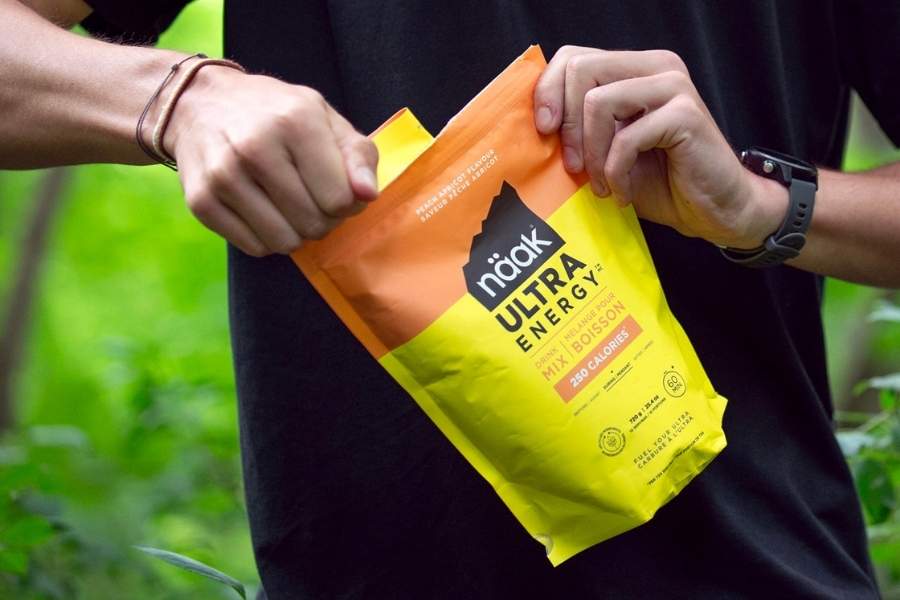
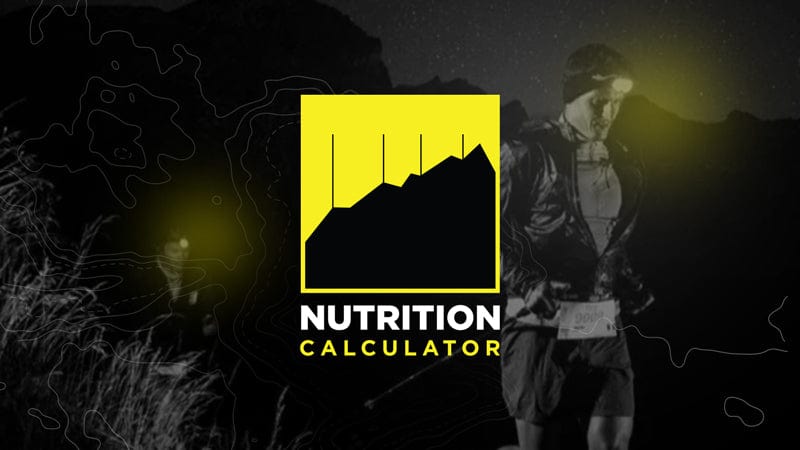

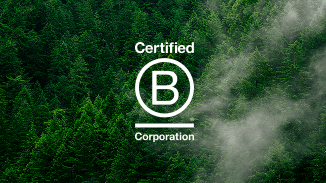

















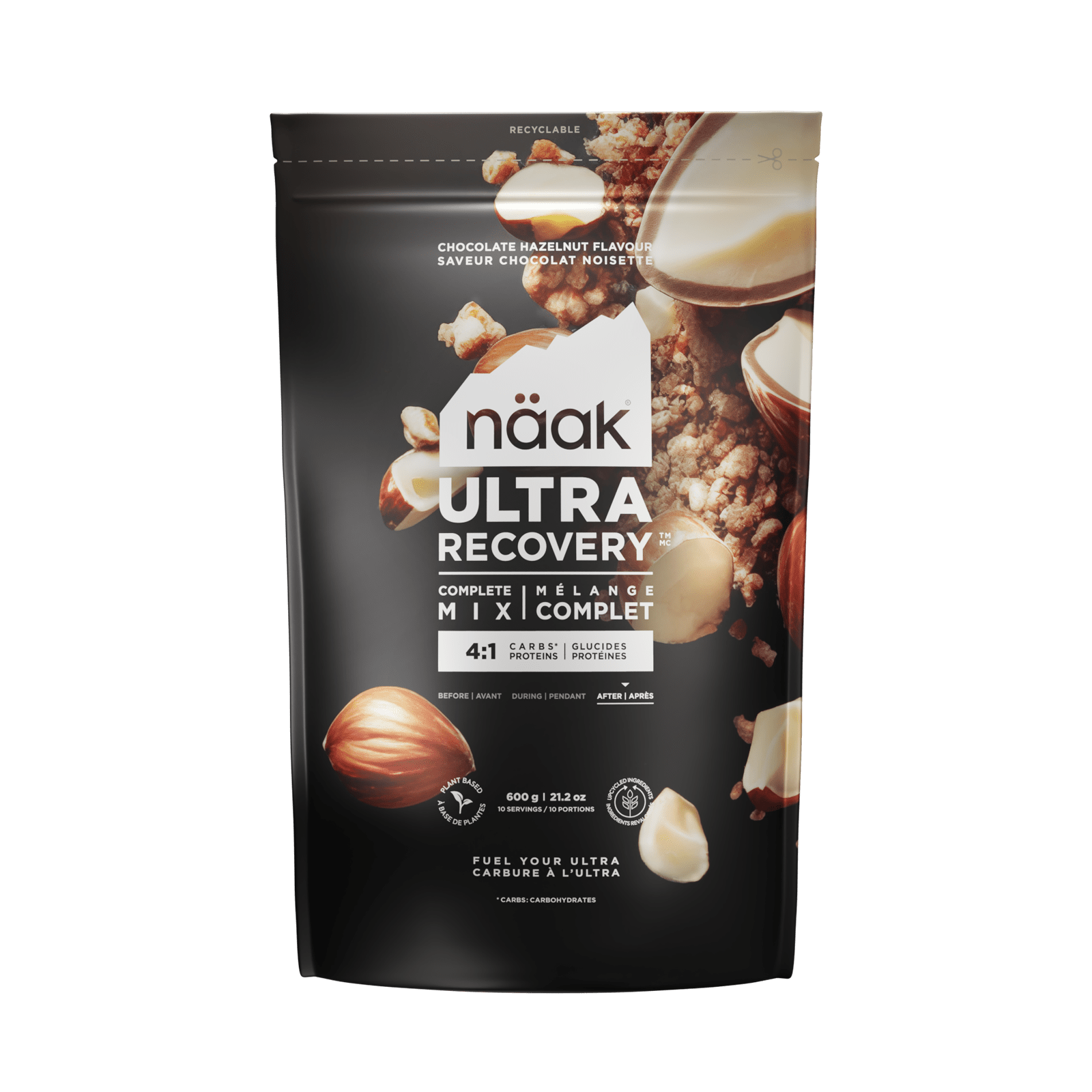
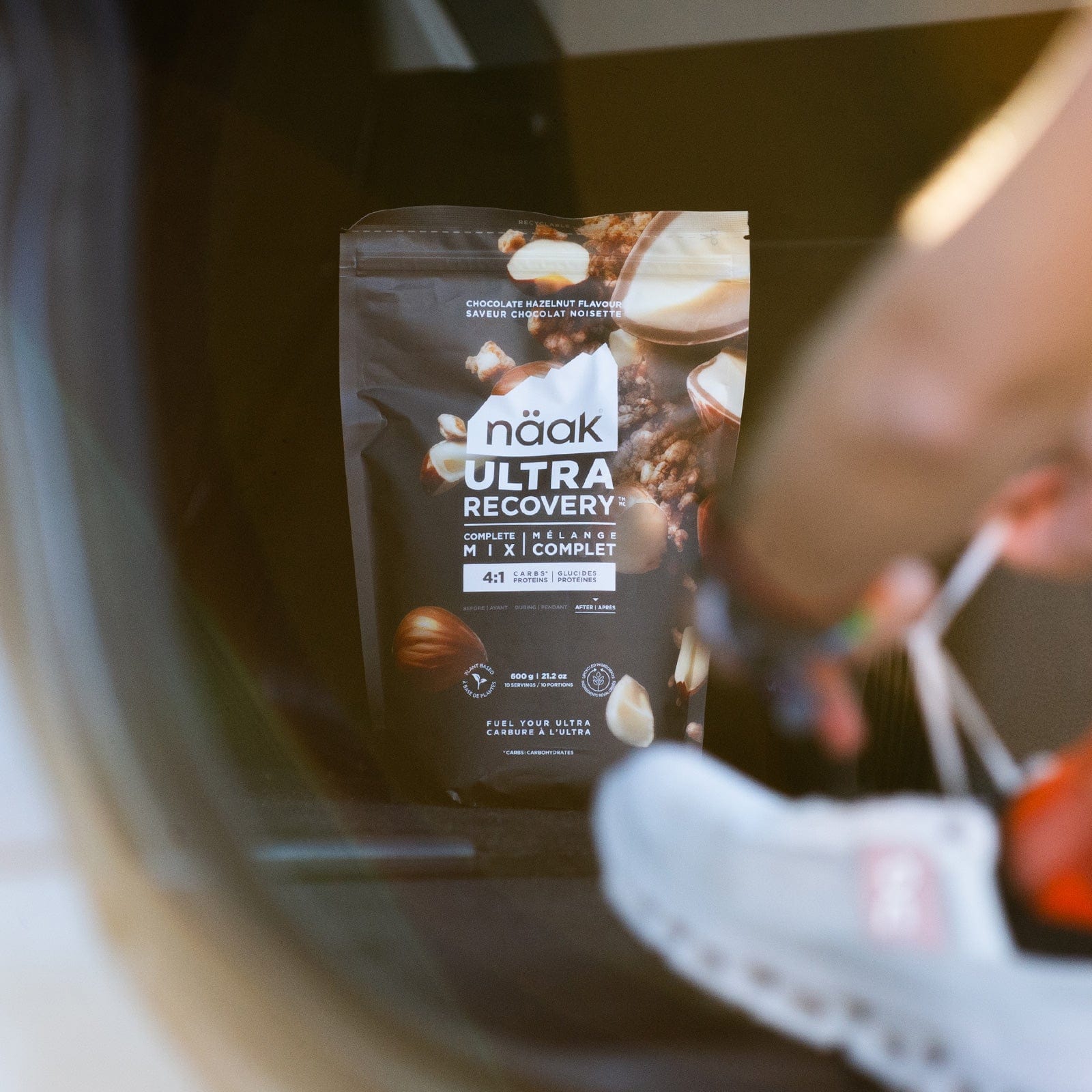
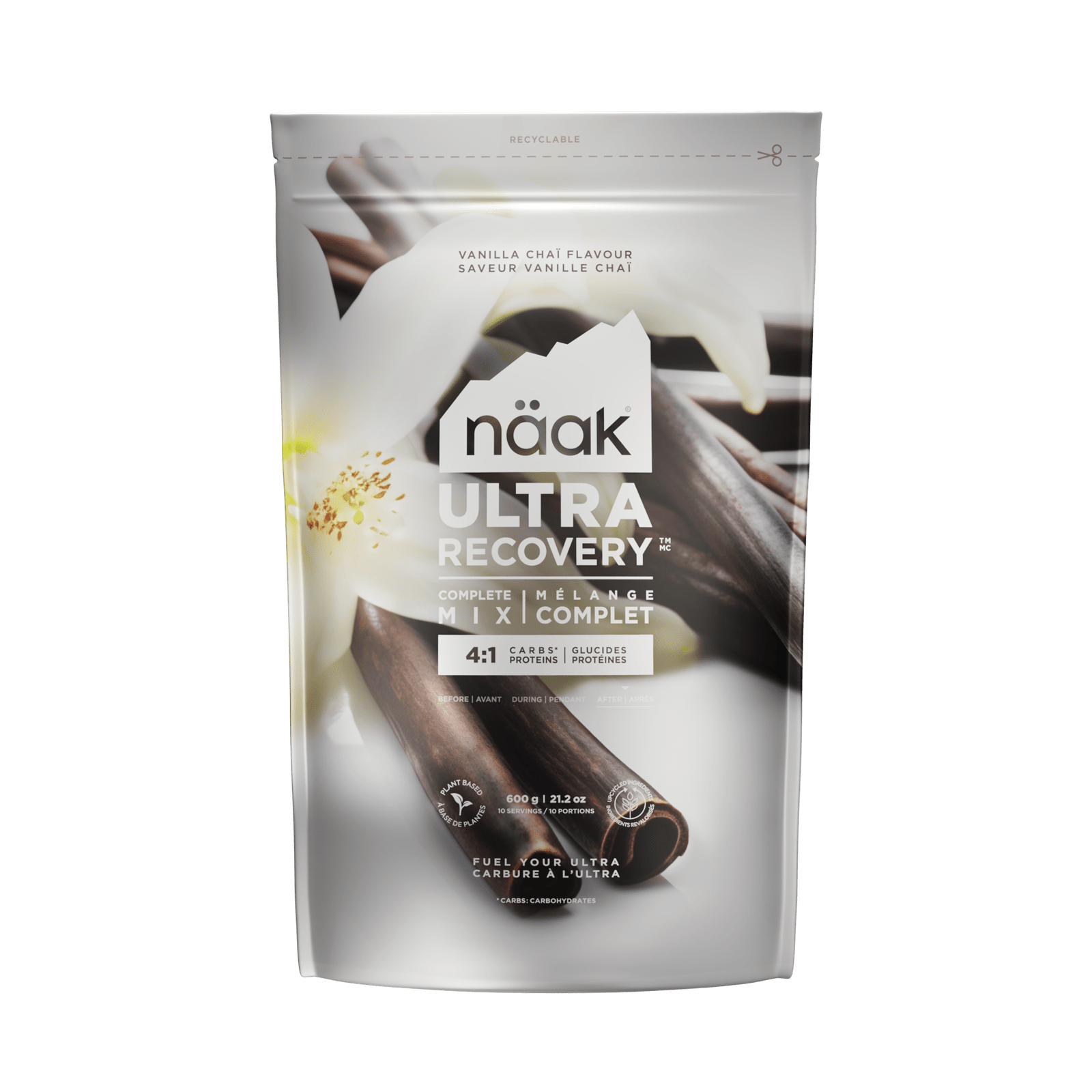
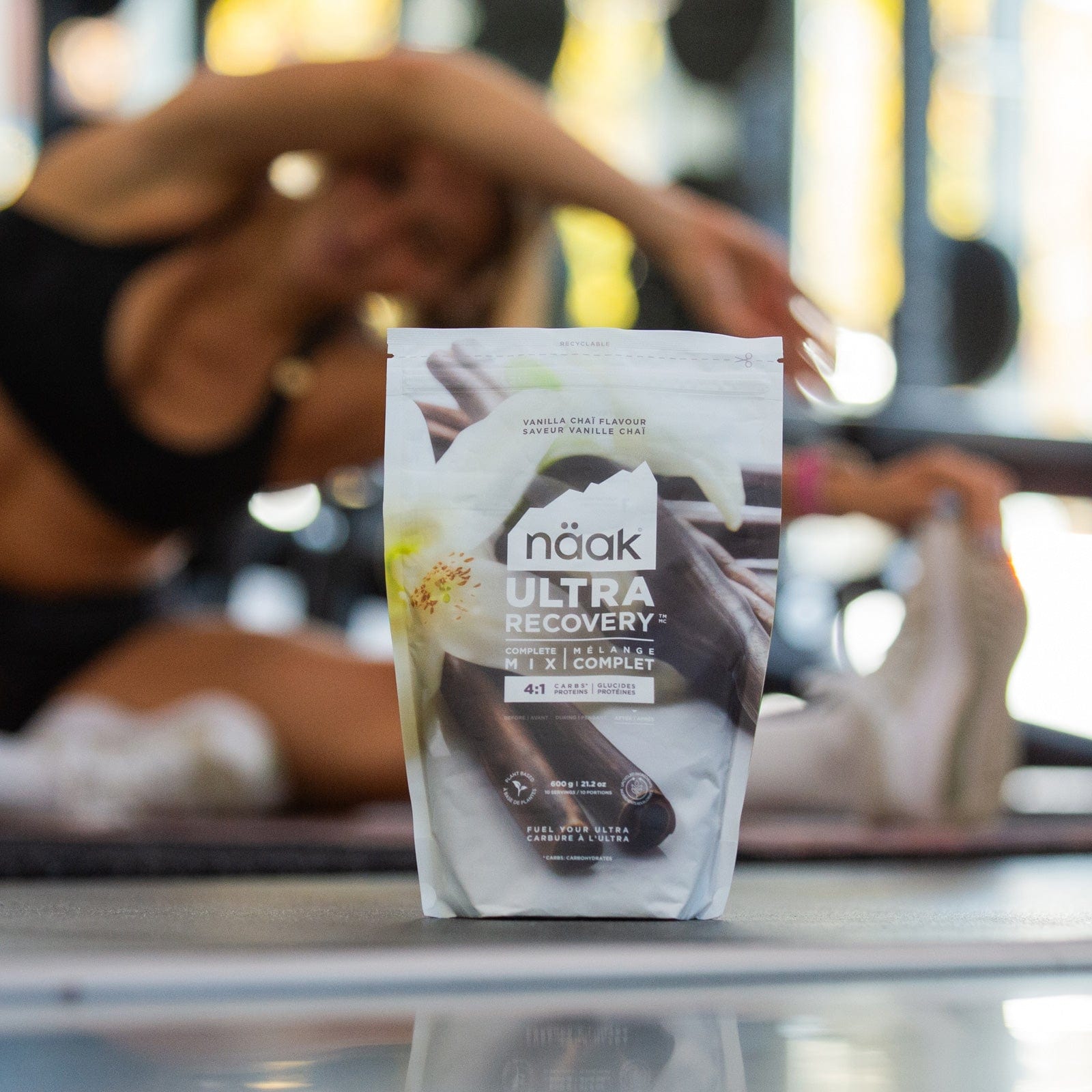


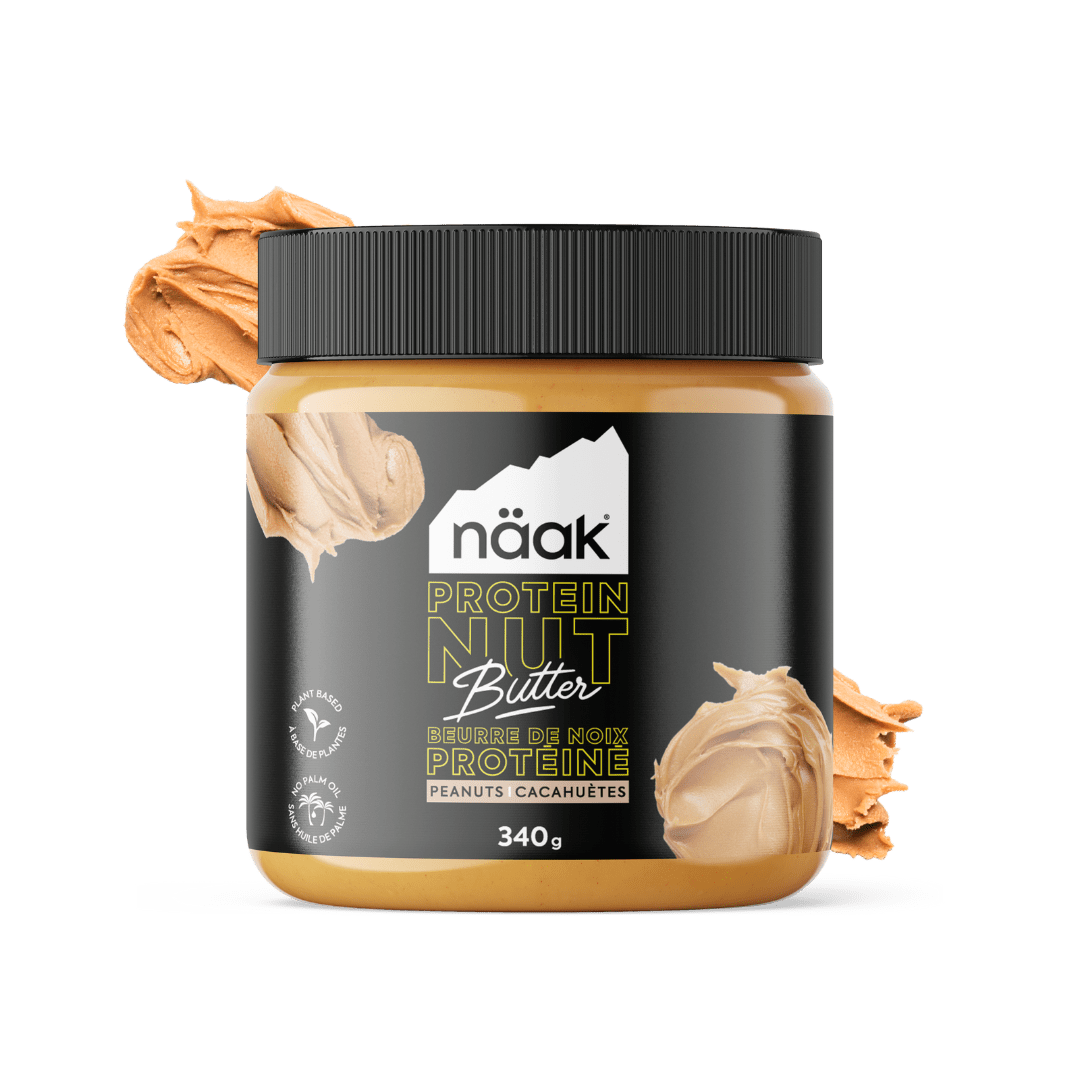
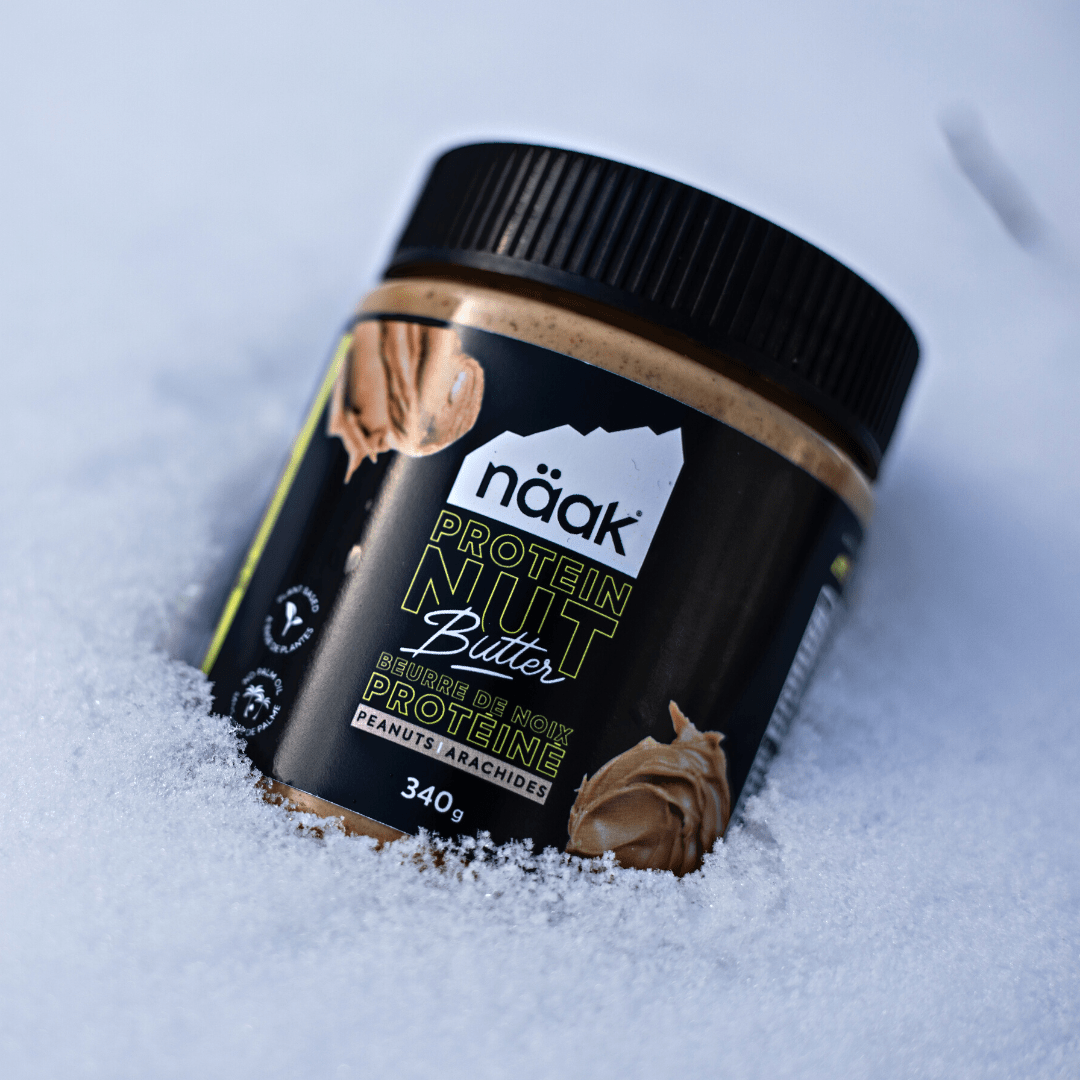
Leave a comment (all fields required)